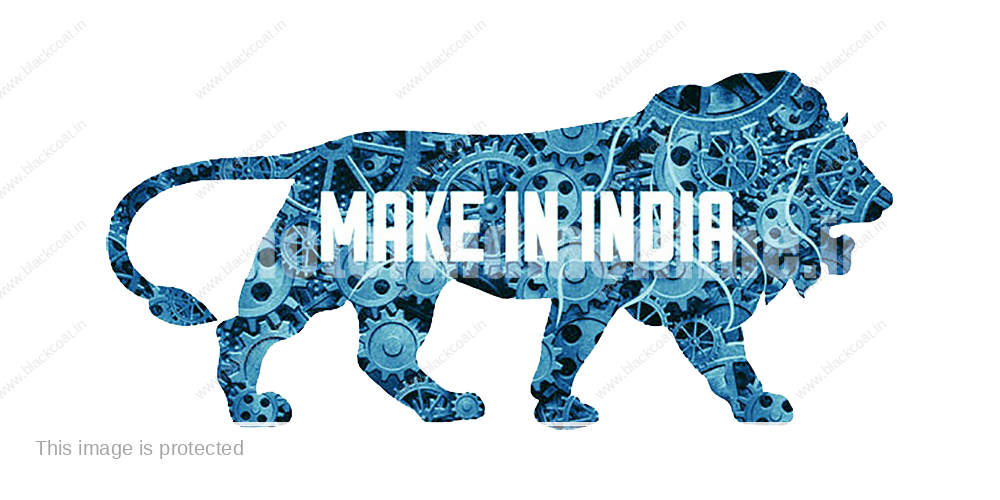No products in the cart.
One Of The Most Significant And Widely Discussed Judgments In The Domain Of Income Tax In India Is The Recent Ruling By The Supreme Court In The Case Of PCIT V. Maruti Suzuki India Ltd. (2024). This Decision Has Far-Reaching Implications For The Interpretation Of Tax Laws, Especially Related To Tax Deductions Under Section 37(1) Of The Income Tax Act, 1961, Which Deals With The Allowability Of Business Expenses. The Judgment Clarifies The Legal Framework Surrounding The Deductibility Of Certain Expenses Incurred By Businesses In Their Routine Operations And Aims To Address Tax Planning Strategies Employed By Large Corporations.
Case Overview
The Case Arose From An Appeal By The Principal Commissioner Of Income Tax (PCIT) Challenging The Allowance Of Business Expenses Claimed By Maruti Suzuki India Ltd., One Of The Leading Automobile Manufacturers In India. The Company Had Claimed Deductions On Expenses Related To Advertisement And Brand Promotion Activities. The Tax Authorities Argued That These Expenses, Particularly Those Incurred For General Brand Promotion And Not Directly Linked To Specific Sales, Should Not Be Considered As Business Expenses Under Section 37(1) Of The Income Tax Act.
Maruti Suzuki, On The Other Hand, Contended That These Promotional Activities Were A Legitimate Part Of Their Business Strategy And Essential To The Generation Of Revenue, Thus Making Them Eligible For Tax Deductions. The Issue At Hand Was Whether Such General Advertisement Costs Could Be Categorized As An Allowable Business Expenditure Under The Tax Law.
Key Highlights Of The Judgment :
- Clarification On ‘Business Expenses’ Under Section 37(1)
The Supreme Court Reaffirmed The Broad Interpretation Of What Constitutes A Legitimate Business Expense Under Section 37(1) Of The Income Tax Act. The Court Emphasized That Expenses Which Are Incurred Wholly And Exclusively For The Purpose Of The Business Can Be Claimed As Deductions, Even If They Are Not Directly Linked To Revenue Generation In The Short Term. In This Case, The Court Held That The Brand Promotion Expenses Incurred By Maruti Suzuki Were Indeed A Part Of The Company’s Regular Business Activities And, Therefore, Eligible For Tax Deductions.
- Importance Of Long-Term Business Strategy
The Court Acknowledged That Advertisement And Brand Promotion Are Long-Term Investments For Businesses, Especially In Competitive Sectors Like The Automobile Industry. It Noted That Such Expenses, Even If Not Directly Linked To Specific Sales, Are Necessary For Maintaining A Market Presence And Fostering Brand Loyalty, Which Ultimately Benefits The Business In The Long Run. This Perspective Broadens The Understanding Of Business Expenses, Particularly In Sectors That Rely Heavily On Marketing And Branding.
- Rejection Of Narrow Interpretation By Tax Authorities
The Supreme Court Rejected The Narrow Interpretation Of Business Expenses Adopted By The Tax Authorities. The Authorities Had Contended That For An Expense To Be Deductible, It Must Have A Direct Correlation With The Revenue Generated In The Same Financial Year. The Court Clarified That Such An Approach Is Not Consistent With The Overall Purpose Of The Income Tax Act, Which Is To Allow Businesses To Claim Expenses That Are Necessary For Their Overall Operations, Even If The Benefits Of Those Expenses Are Realized Over Time.
- Impact On Corporations And Tax Planning
This Ruling Is Significant For Large Corporations That Engage In Extensive Advertising And Brand-Building Activities. It Provides Clarity On The Treatment Of Expenses Related To Brand Promotion, Ensuring That Such Legitimate Business Expenses Will Be Treated Favorably In Terms Of Tax Deductions. The Judgment Also Highlights The Importance Of Maintaining Consistent Tax Planning Strategies, As It Reinforces The Concept That The Long-Term Nature Of Certain Expenses Should Be Taken Into Account When Filing Tax Returns.
- Scope Of Tax Deductibility In Marketing And Advertising
The Judgment Further Expands The Scope Of Tax Deductibility For Companies In Sectors Like Consumer Goods, Technology, And Automobiles, Where Marketing And Branding Are Critical Components Of Business Success. It Makes It Clear That Expenses Related To These Activities Can Be Considered As Business Expenses, As Long As They Are Incurred Exclusively For Business Purposes And Are Not Personal Or Speculative In Nature.
- Long-Term Relief For Companies
For Companies That Have Faced Challenges In Claiming Deductions For Similar Types Of Expenses, This Ruling Provides Long-Term Relief. It Reduces The Likelihood Of Disallowances By Tax Authorities For Such Expenses, Providing Greater Predictability And Certainty In Their Tax Filings. This Is Especially Beneficial For Businesses That Operate In Sectors Where Significant Funds Are Allocated Toward Advertisement, Sponsorship, And Brand-Building Initiatives.
Broader Implications For Income Tax In India
- Reinforcement Of The ‘Wholly And Exclusively For Business’ Standard
This Ruling Reinforces The Understanding That Tax Laws Should Be Interpreted Broadly, Especially When It Comes To Expenses Incurred For The Legitimate Running Of A Business. The Court Emphasized That The ‘Wholly And Exclusively’ Requirement For Claiming Deductions Under Section 37(1) Should Be Applied Without Undue Restrictions Or Overly Strict Interpretations By The Tax Authorities.
- Boost To Corporate Tax Planning
The Judgment Provides Businesses With A Clearer Framework For Planning Their Advertisement And Marketing Budgets, Knowing That They Can Claim Deductions For These Activities As Long As They Are Part Of The Regular Operations And Are Aimed At Promoting The Business. This Enhances Corporate Tax Planning, Allowing Businesses To Better Manage Their Tax Liabilities While Investing In Growth And Expansion.
- Encouragement For Transparent Tax Practices
By Clarifying The Treatment Of Advertising Expenses, The Court Encourages Businesses To Maintain Clear Records And Document The Purpose Of Expenses, Ensuring Compliance With Tax Laws. This Can Lead To More Transparent Tax Practices In The Corporate Sector.
- Potential For Future Challenges In Tax Cases
This Decision May Also Lead To More Challenges Regarding The Deductibility Of Certain Expenses. Tax Authorities Could Question Other Types Of Expenses, And Businesses Will Need To Demonstrate That These Are Integral To Their Business Operations. The Ruling, Therefore, Provides A Precedent For Future Income Tax Cases Involving Corporate Expenses And Helps Define The Boundaries Of Taxable Deductions For Various Industries.
Conclusion
The PCIT V. Maruti Suzuki India Ltd. (2024) Judgment Is A Landmark Decision In Indian Income Tax Law, Especially Concerning The Deductibility Of Business Expenses Related To Advertising And Brand Promotion. The Supreme Court Has Set An Important Precedent By Allowing Companies To Claim Deductions For Advertisement Costs Incurred As Part Of Their Long-Term Business Strategy.
This Ruling Not Only Clarifies The Scope Of Business Expenses Under Section 37(1) But Also Provides Greater Certainty For Businesses, Particularly In Sectors That Rely Heavily On Marketing And Branding. It Is Expected To Influence Future Tax Cases Involving Similar Business Expenditures And Create A More Favorable Environment For Corporate Tax Planning In India. The Judgment Encourages Companies To Focus On Their Business Needs And Promotes A More Inclusive Interpretation Of Tax Laws, Benefiting Both Businesses And The Indian Economy At Large.









Add comment